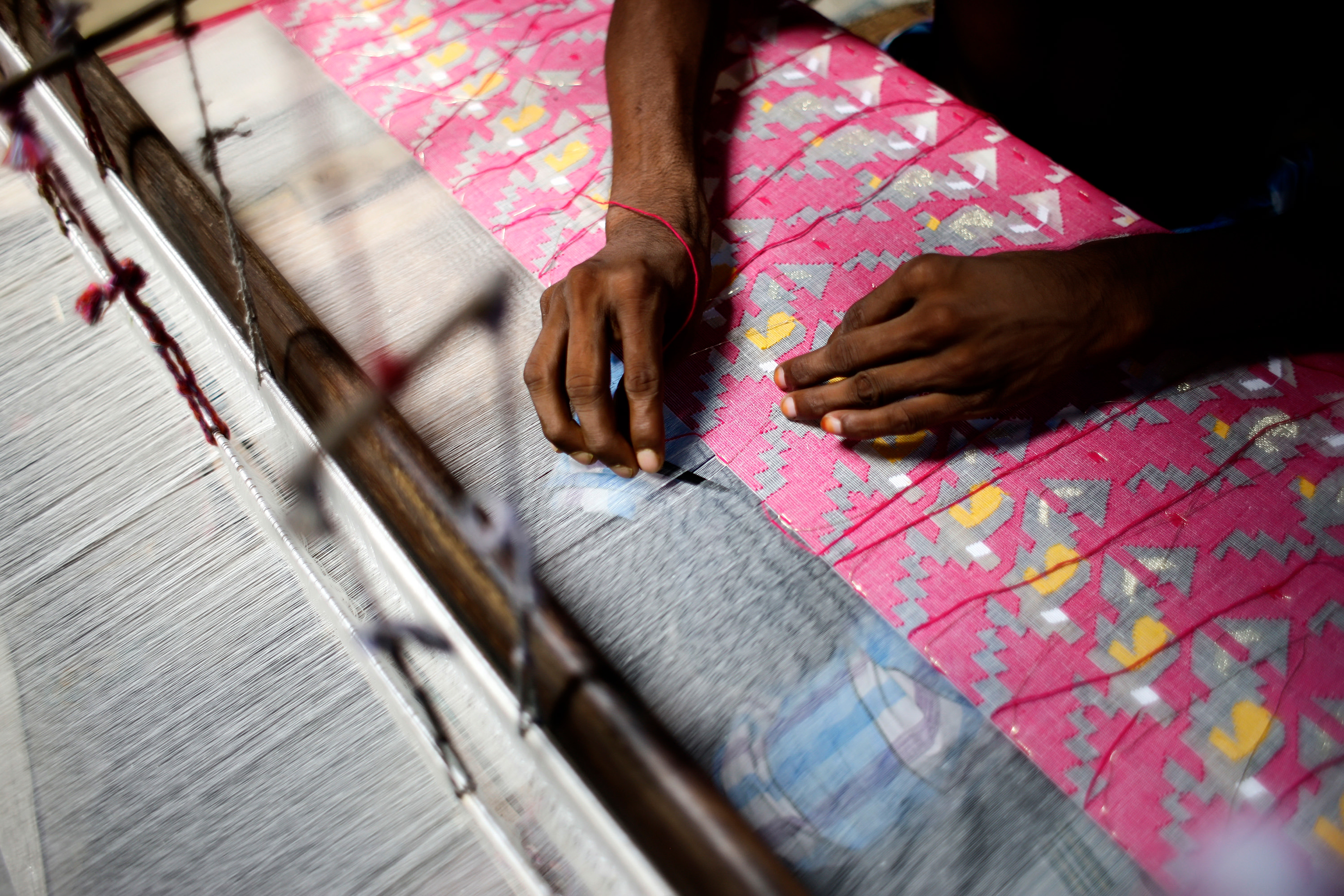In many developing countries, the private sector lacks effective monitoring systems to provide firms with incentives for good behavior. This problem is partly due to weak and sometimes corrupt state institutions (Dal Bó and Finan, 2016), and partly to principal–agent problems within firms and limited organizational capacity (Bloom et al., 2014; Boudreau, 2019). While external whistleblowing systems implemented by regulators could, in principle, enable employees to report employer misconduct, little was previously known about how the design and implementation of such systems affect information transmission and firm behavior in practice. Although theoretical work on principal–agent–monitor problems and secure survey design has generated clear predictions (Chassang and Padró i Miquel, 2018; Chassang and Zehnder, 2019), empirical field evidence remained scarce.
This project studied how the design and introduction of a whistleblowing system affected information transmission by employees, misconduct by firm owners and managers, and workers’ wellbeing and relations with management. The study was conducted in Bangladesh’s garments sector, where weak state institutions provide limited legal protection for whistleblowers. In this context, multinational apparel buyers had introduced an independent whistleblowing mechanism in the form of an anonymous, toll-free helpline managed by a trusted third party. The research team partnered with this helpline—Amader Kotha (AK), meaning “our voice” in Bangla—to implement a field experiment. The study examined how variations in the helpline’s resolution protocol influenced workers’ reporting incentives, the incidence of labor issues, and workers’ wellbeing and relations with management. The analysis tested the hypothesis that limited plausible deniability and coordination problems led workers to underreport sensitive forms of employer misconduct, and that women—who make up the majority of workers in this sector—faced higher reporting costs and greater exposure to mistreatment by predominantly male managers.
The research team conducted a field experiment with 158 garment factories participating in the AK Helpline. Factories were randomly assigned to treatment or control conditions, and outcomes were measured at baseline and nine months after implementation. Treated factories experienced changes to the helpline’s resolution system that increased plausible deniability for callers and/or reduced coordination problems among workers through the provision of an information escrow mechanism. Control factories continued under the status quo AK Helpline resolution protocol. The study evaluated impacts on four primary outcomes: (1) workers’ incentives to report sensitive issues, (2) the actual incidence of labor violations, (3) worker wellbeing, and (4) worker–management relations. The analysis also explored effects on collective action and tested for heterogeneous treatment effects by gender.
To measure these outcomes, the project combined individual survey data, administrative helpline call records, and an anonymous voting mechanism designed to elicit truthful reporting of employer misconduct. This multi-method approach enabled the study to distinguish changes in reporting behavior from changes in underlying workplace conditions.
The completed research contributed to three main strands of literature: the literature on labor standards and economic development, particularly in the context of global supply chains; the theoretical and empirical literature on contract theory, collusion, and the design of whistleblowing mechanisms within organizations; and the literature on survey methods for eliciting sensitive information. To the best of our knowledge, this project provided the first field-based experimental evidence on the design of whistleblowing mechanisms under credible fear of retaliation, and the first randomized controlled trial to measure workplace harassment in a low-income country context.
The findings are highly policy-relevant. Policymakers, regulators, and multinational buyers have expressed strong interest in understanding how grievance and whistleblowing systems can be designed to improve employer behavior and worker welfare. The project also contributed to policy discussions on gender equality by highlighting how internal reporting mechanisms can improve working conditions for women. This research formed part of a broader research agenda on labor conditions, productivity, and information mechanisms in developing countries (Boudreau et al., 2019; Boudreau, 2019; González-Torres, 2019). The successful partnership with key actors in the global apparel supply chain—including the Alliance for Bangladesh Worker Safety (a coalition of multinational buyers that formed in the aftermath of the 2013 Rana Plaza collapse in Bangladesh to improve their suppliers’ safety)—demonstrated both the feasibility and the policy demand for rigorous evidence in this area.
